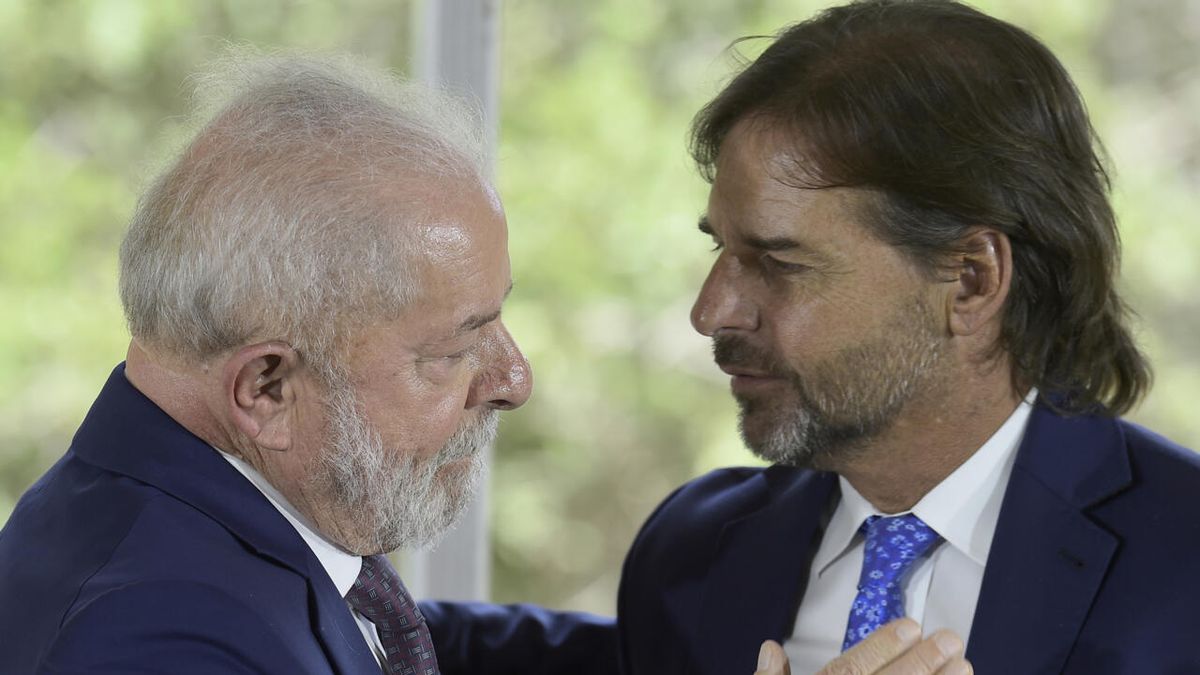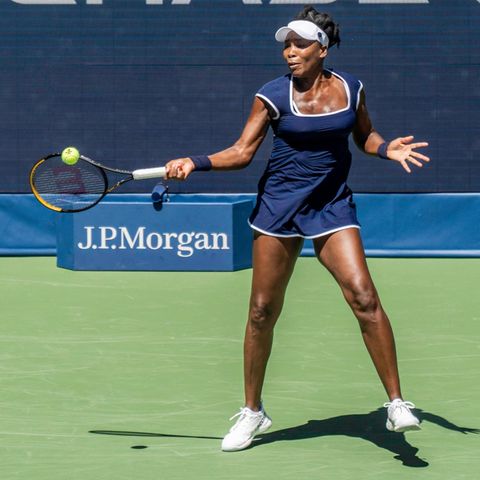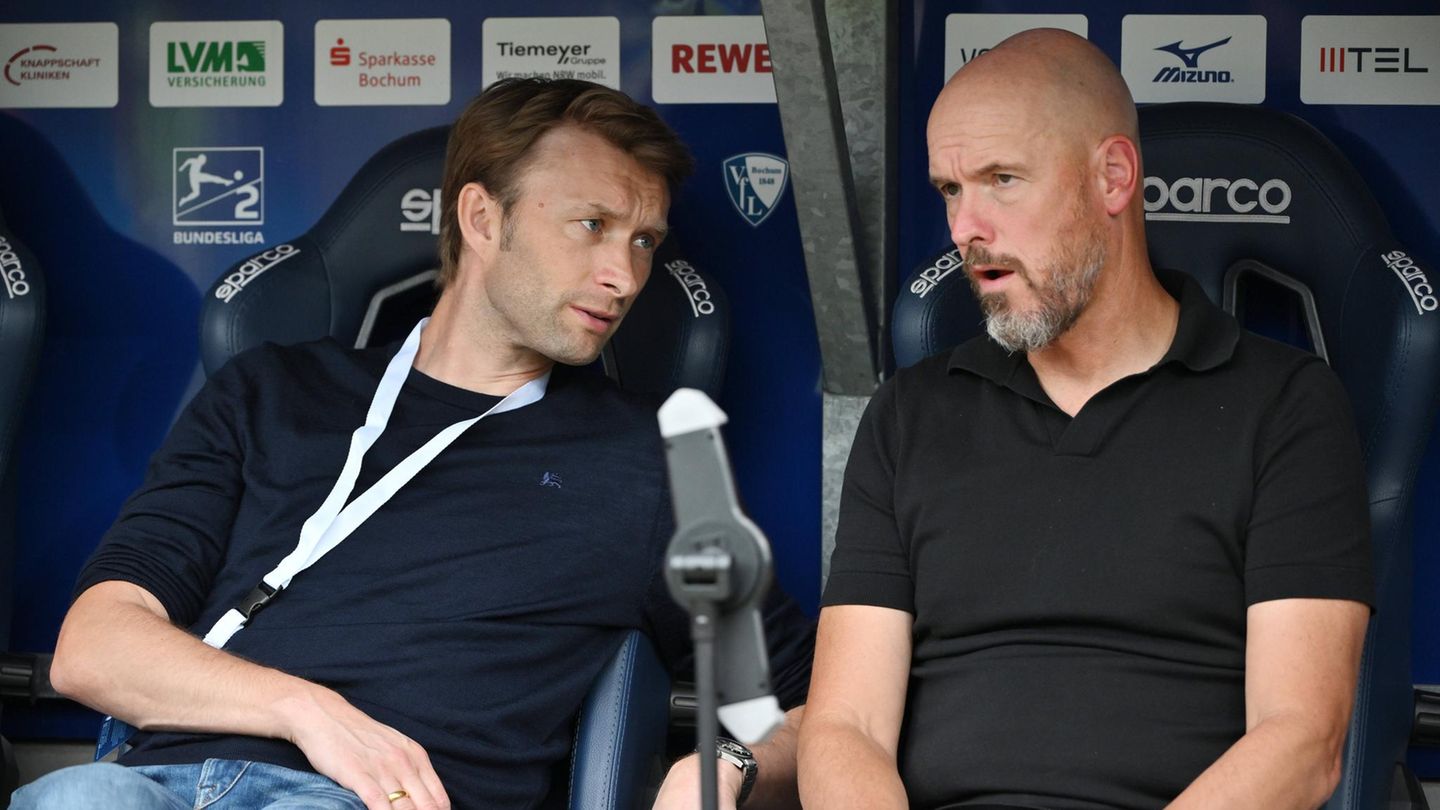Seeking to become a regional leader again, Lula brought together 11 presidents in Brazil’s capital last May, but the forum called Brasilia Consensus was affected by the disagreement over the presence of the president of Venezuela, Nicolás Maduro. The Chilean president, Gabriel Boric, fellow leftist from a younger generation, then criticized Lula for inviting Maduro to a meeting of democratic leaders, as did the president, Luis Lacalle Pou.
With concern about the Venezuelan elections in July and the aftermath of the invasion that Ecuador carried out on the Mexican embassy in the country to arrest an opposition politician, the region is too agitated for a new attempt at dialogue, diplomats said in Brazil and Uruguay.
However, Lula has not given up on plans for a summit and said Tuesday that he hopes Boric will invite other presidents to discuss South American integration when he makes a state visit to Chili on May 17 and 18. “We need to discuss how South America acts as a bloc,” Lula said. “If we pursue an alliance policy, let us respect the differences, but let us grow the economy of the region.”
In Santiago, Boric said in a meeting with correspondents that “the possibility of having a dialogue with all the leaders of South America is always open to me,” but that it was not in Lula’s visit plans. “I suspect there is too much bad blood between South American leaders right now for a productive summit, or perhaps any summit,” said the political analyst from Latin America Brian WinterVice President of Policy of the Council of the Americas.
Venezuela in the eye of the discussion
The main reason for the lack of enthusiasm for a South American summit today is the upcoming vote in Venezuela, said most diplomats consulted by Reuters, who requested anonymity. “No one is going to want to be part of new groups when there is a lot of uncertainty about what is going to happen in Venezuela, whether we are going to recognize Maduro or not, whether we are going to recognize the elections or not,” said a senior South American diplomat.
“There is going to be a very big tension with the elections in Venezuela, as we have already seen, then it is no wonder that the leaders do not want to make statements or take a position at a meeting in May,” the source added. Last year’s meeting in Brasilia was a “total failure” because Chili and Uruguay They quickly distanced themselves from Lula’s opinions on Venezuela, according to the diplomat.
A meeting of presidents in Chili “I don’t see it as very viable,” especially because Boric has distanced himself from Lula’s opinions on issues such as Venezuela, Russia and Iransaid a foreign policy advisor to the Uruguayan government. This source sees little chance of the bloc of South American countries restarting in the short term. Unasur, started in 2008 by Lula and the Venezuelan leader Hugo Chavez. But Lula will not give up, he said: “Lula is going to continue insisting on Unasur,” he assured.
The tension between Uruguay and Venezuela
The government denounced at the end of March that “Venezuela is consolidated as a dictatorship” after having signed, together with other countries in the region, a joint statement in which it expressed “serious concern” about the integrity of the electoral process in that country.
At a press conference, the minister of Foreign Relations (MRREE) Omar Paganini assured that they will maintain the presence of the new ambassador of Uruguay in Venezuela, Silvana Montes de Oca, since, as they have already pointed out on previous occasions, “the relationship is with the people, not with the government” headed by Nicolás Maduro.
“The worst forecasts have been confirmed,” Paganini assured the press, regarding the fact that the Maduro government prevented the registration of the opposition group’s candidate. Venezuelan Democratic Unitary Platform —made up of the Democratic Unity Table (MUD) and A New Time (UNT)—, Corina Lloris, who would stand in place of the leader Maria Corina Machado after his participation in the elections was disqualified.
“They allowed candidates to be registered that the Venezuelan regime obviously has no concern about being able to gather a large number of votes, but not those who pose a risk, so that the Venezuelan electoral process has clearly been completely distorted and, unless these things are reversed, it admits of no surprise but also indicates that Venezuela is consolidated as a dictatorship that moves away from any possible democratic practice,” considered the chancellor, although he did not give determinations regarding the fact that, eventually, the Uruguayan government will not recognize the results of the elections: “We will see it in due course, but clearly the situation,” said the leader.
“Elections are not for people to choose what the government in power wants, and this is not the attitude of the Venezuelan regime, therefore it is consolidated in a dictatorial practice, a situation that the government of Uruguay and many government of South AmericaI would say that everyone, actually, in different ways, is very concerned,” Paganini said.
In that sense, he announced that they are evaluating taking this concern to other international areas such as Organization of American States (OAS)after the presentation made by the vice chancellor Nicolas Albertoni Front of Community of Latin American and Caribbean States (Celac). Another alternative that is being analyzed is the formation of a kind of Lima Group to seek a change in Venezuela. “We want a continent of democracy, a continent of freedom, and these things keep us away,” added the head of the MRREE, clarifying that the options currently on the table “are negotiations that have to be developed.”
Regarding the dialogue that preceded the publication of the joint statement, the chancellor noted that it “was quite fluid and quite fast because the situation was urgent.” He also highlighted that “other countries have other strategies that are extremely respectable”, in relation to governments that did not adhere to the communiqués, as in the cases of Chili and Brazil. “We understood that we had to raise our voice together with many other countries in the face of a critical situation,” he added.
Source: Ambito




